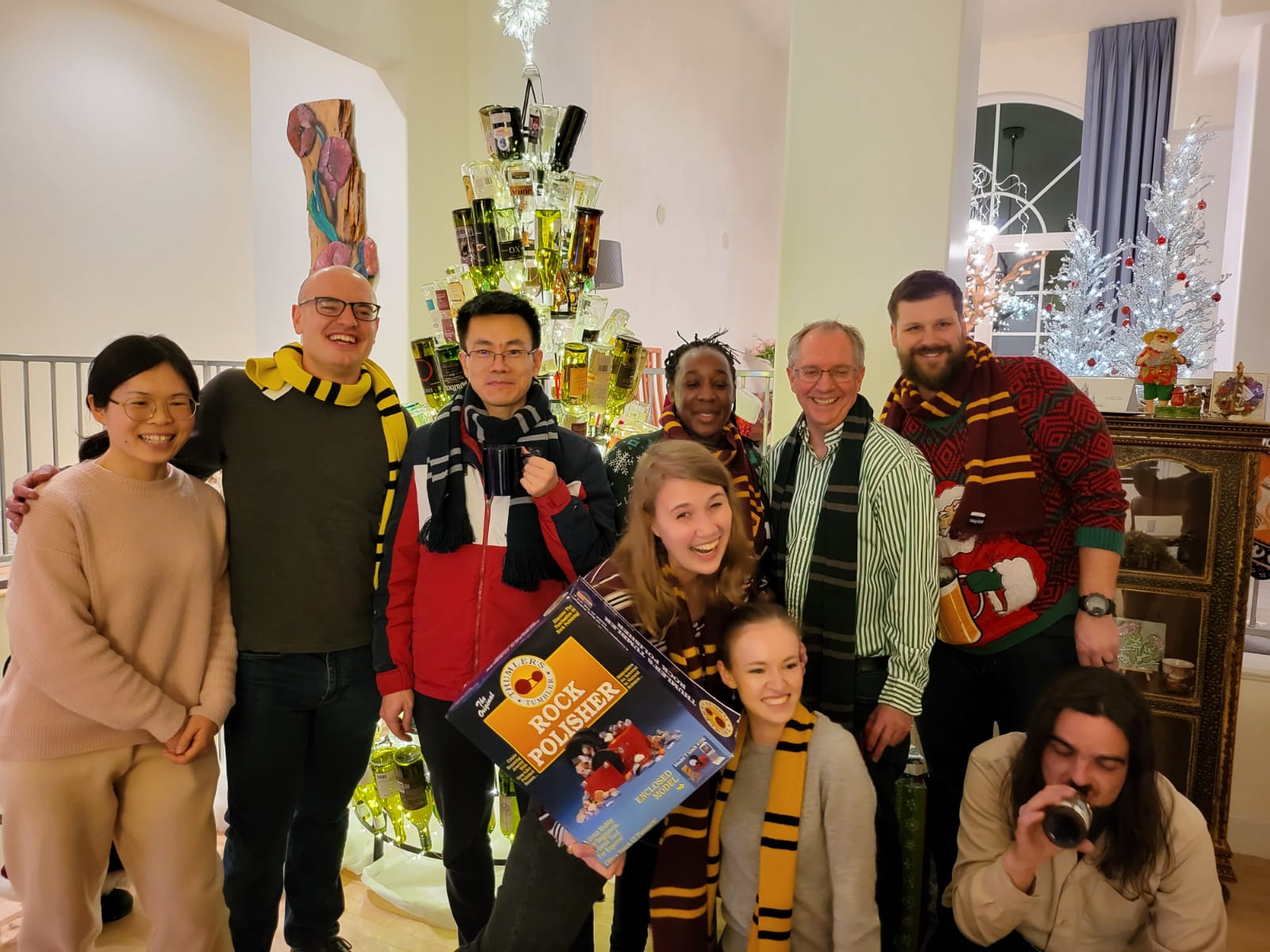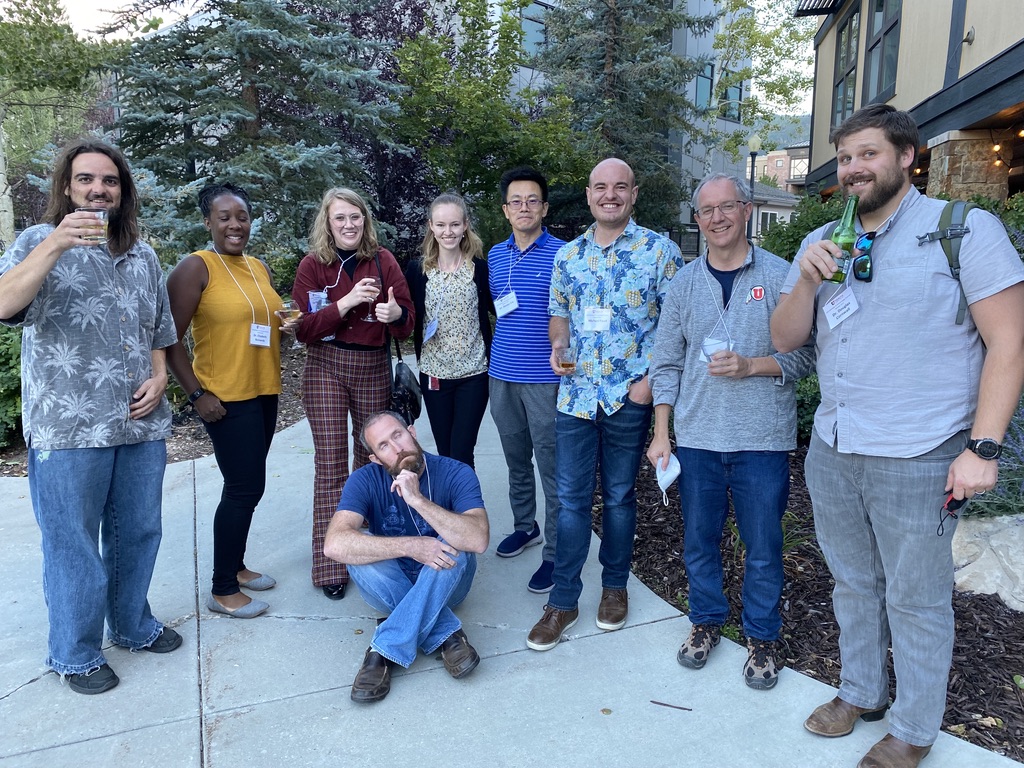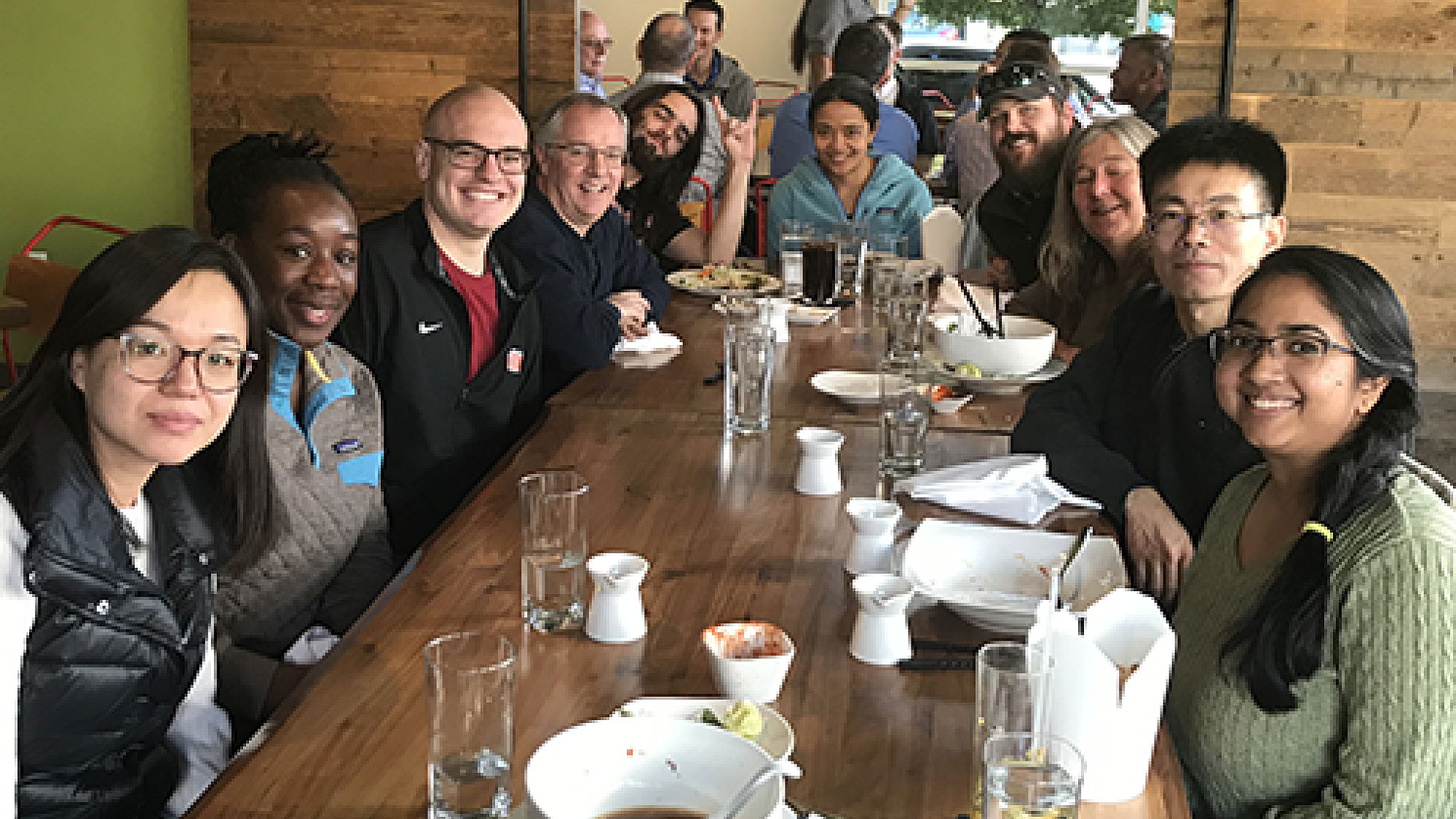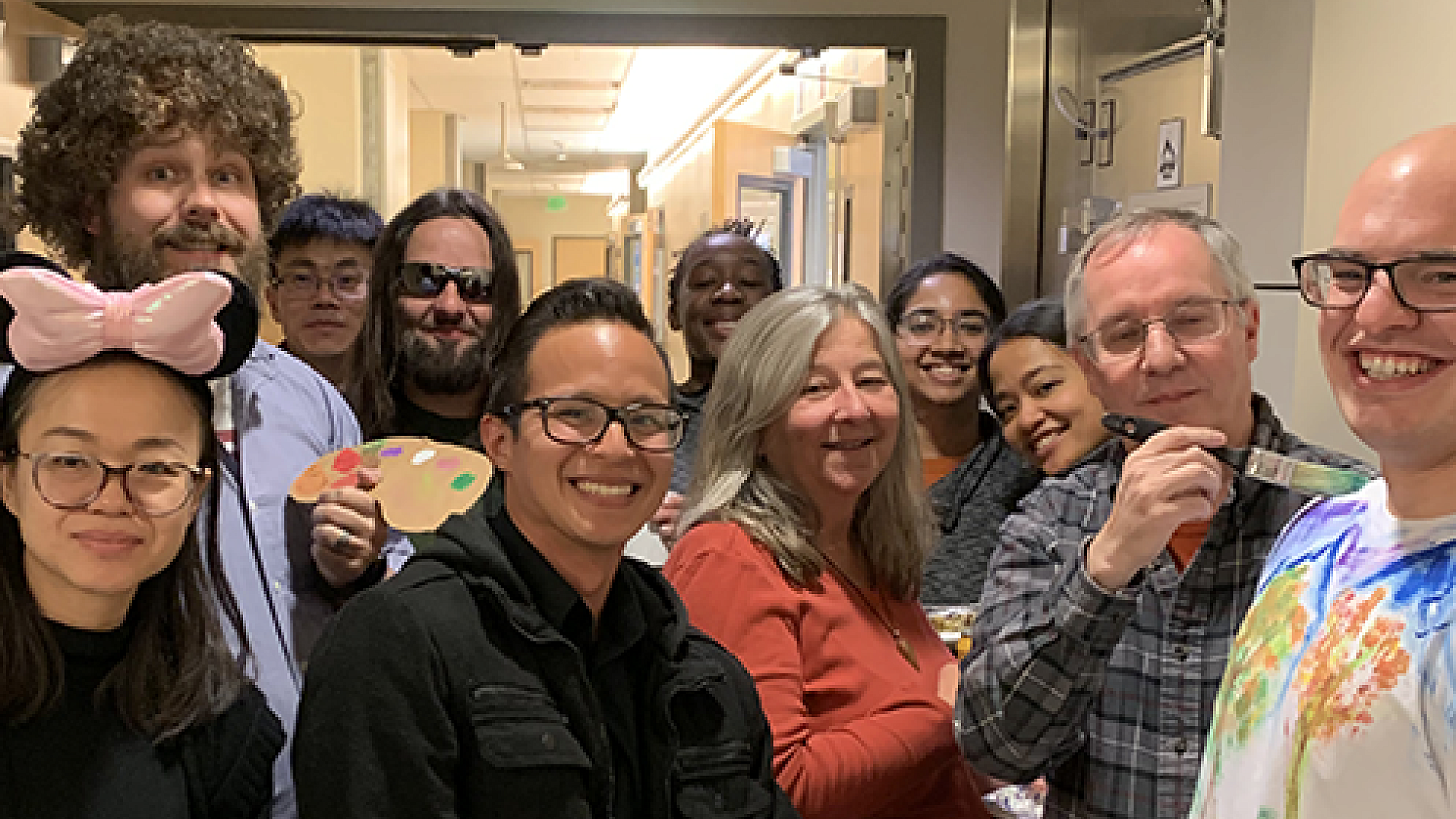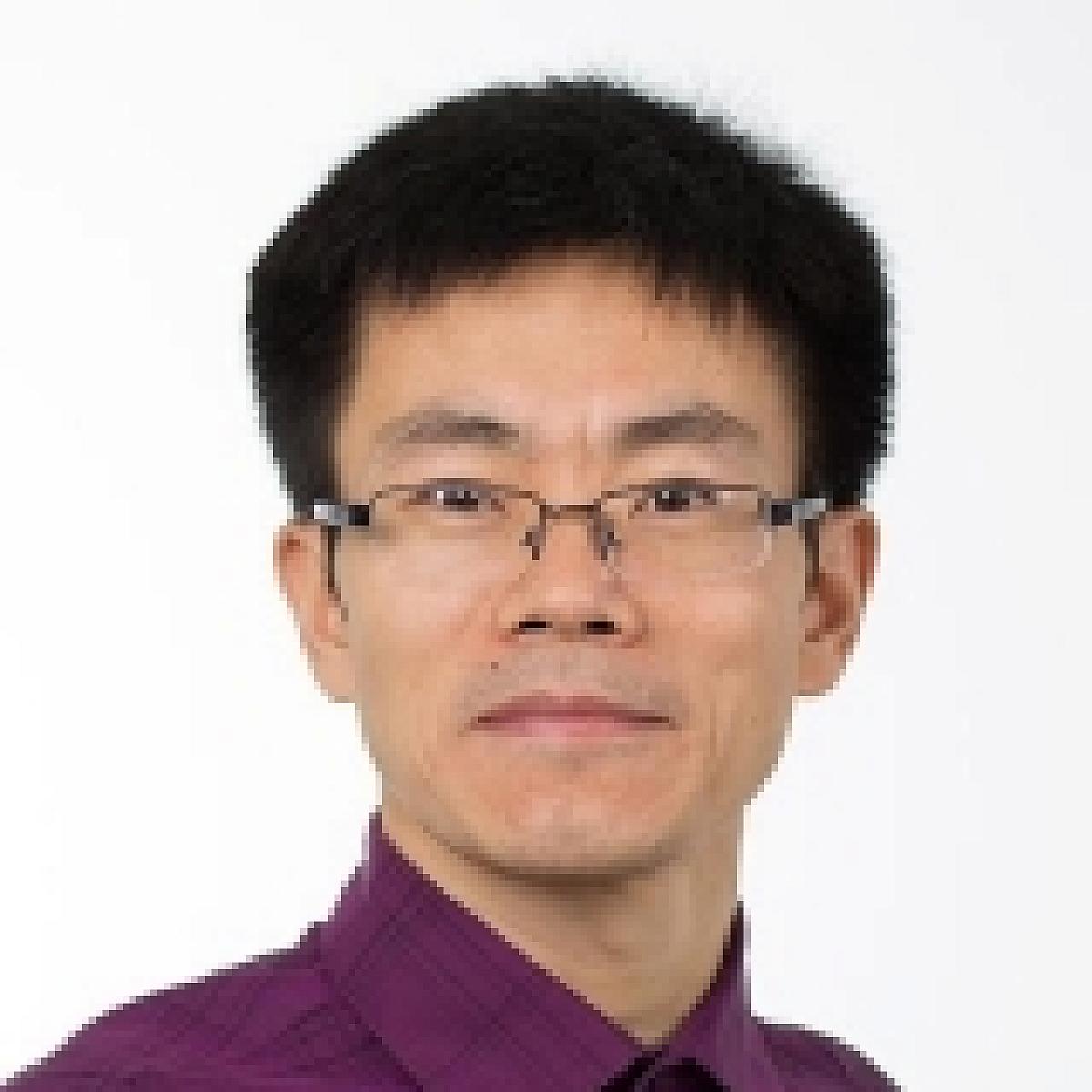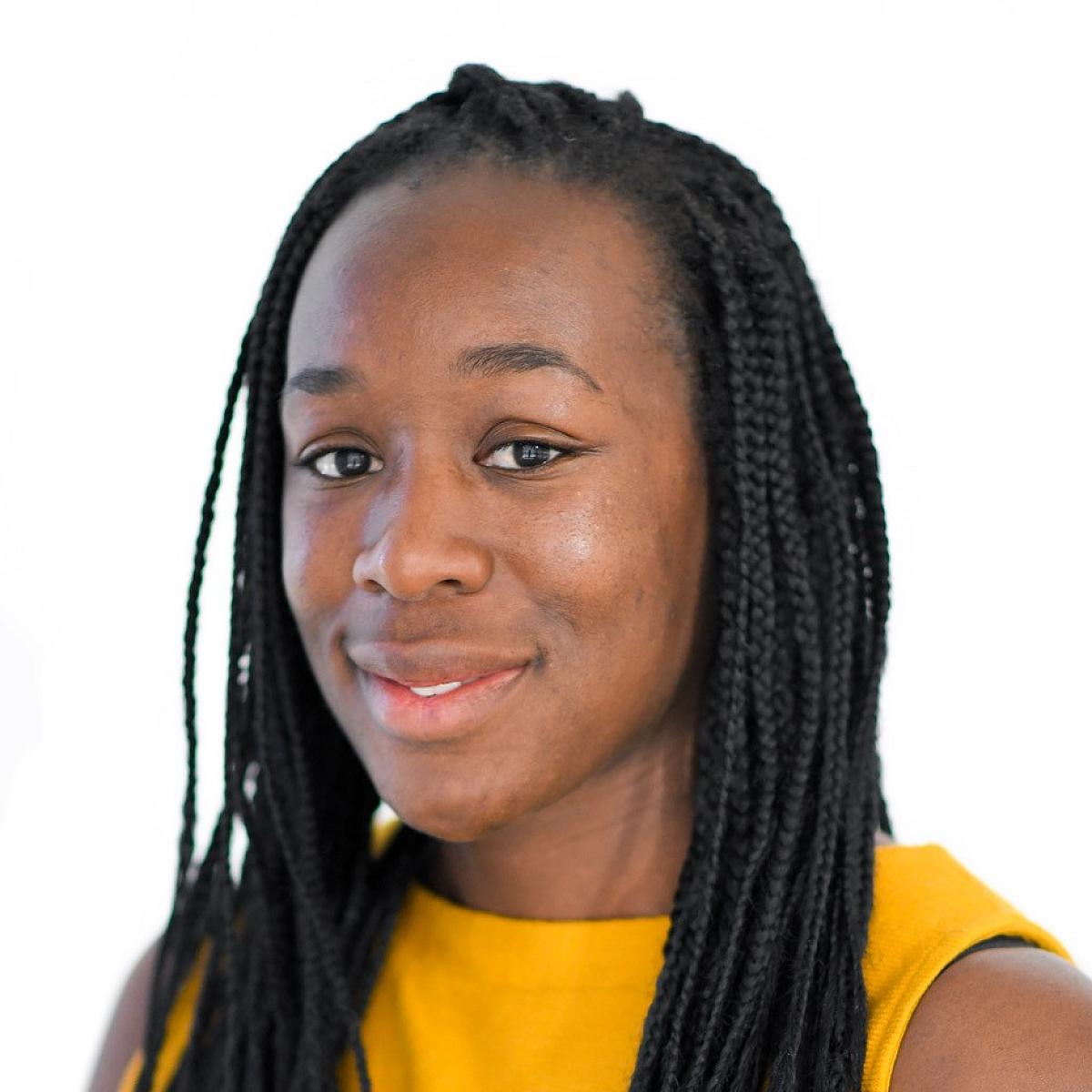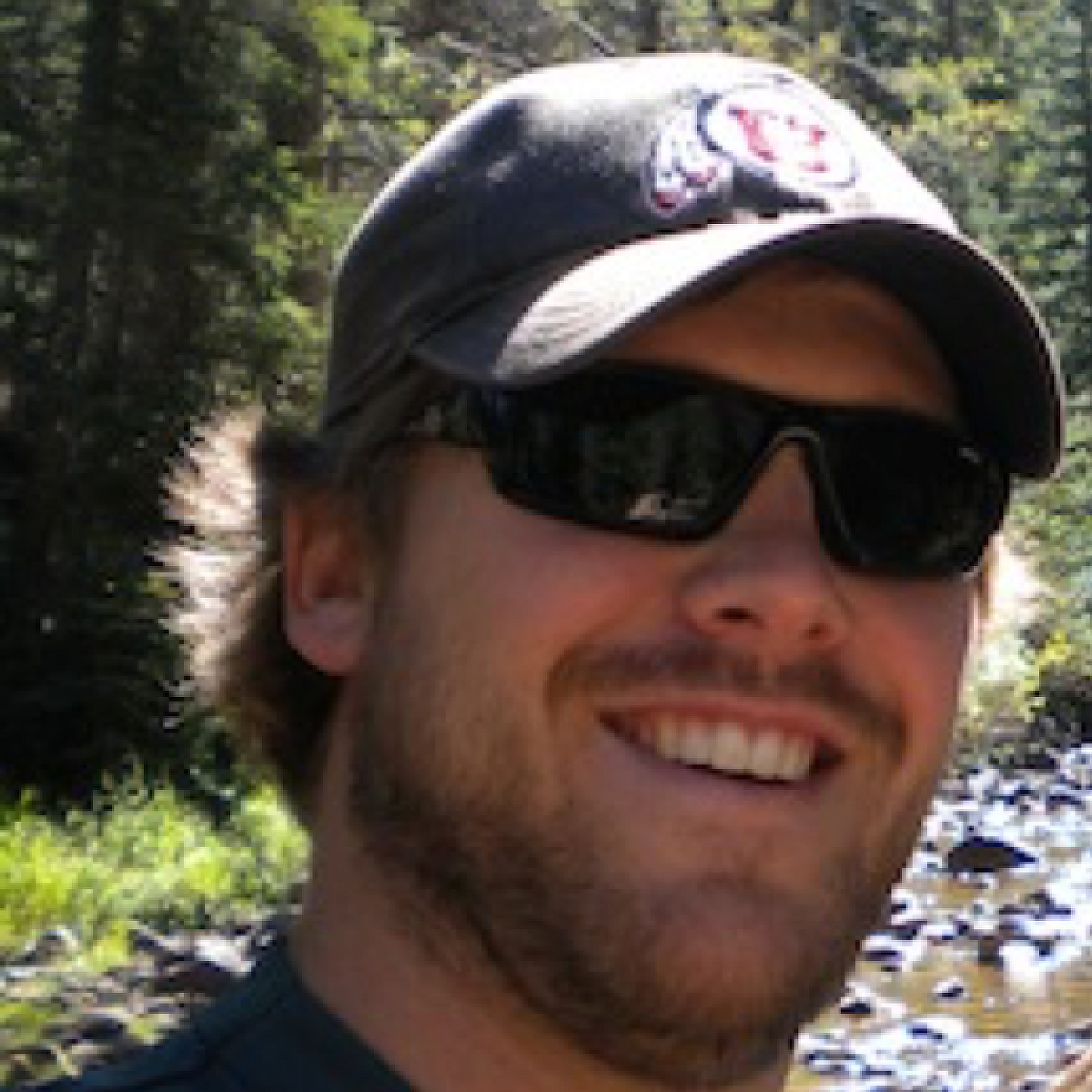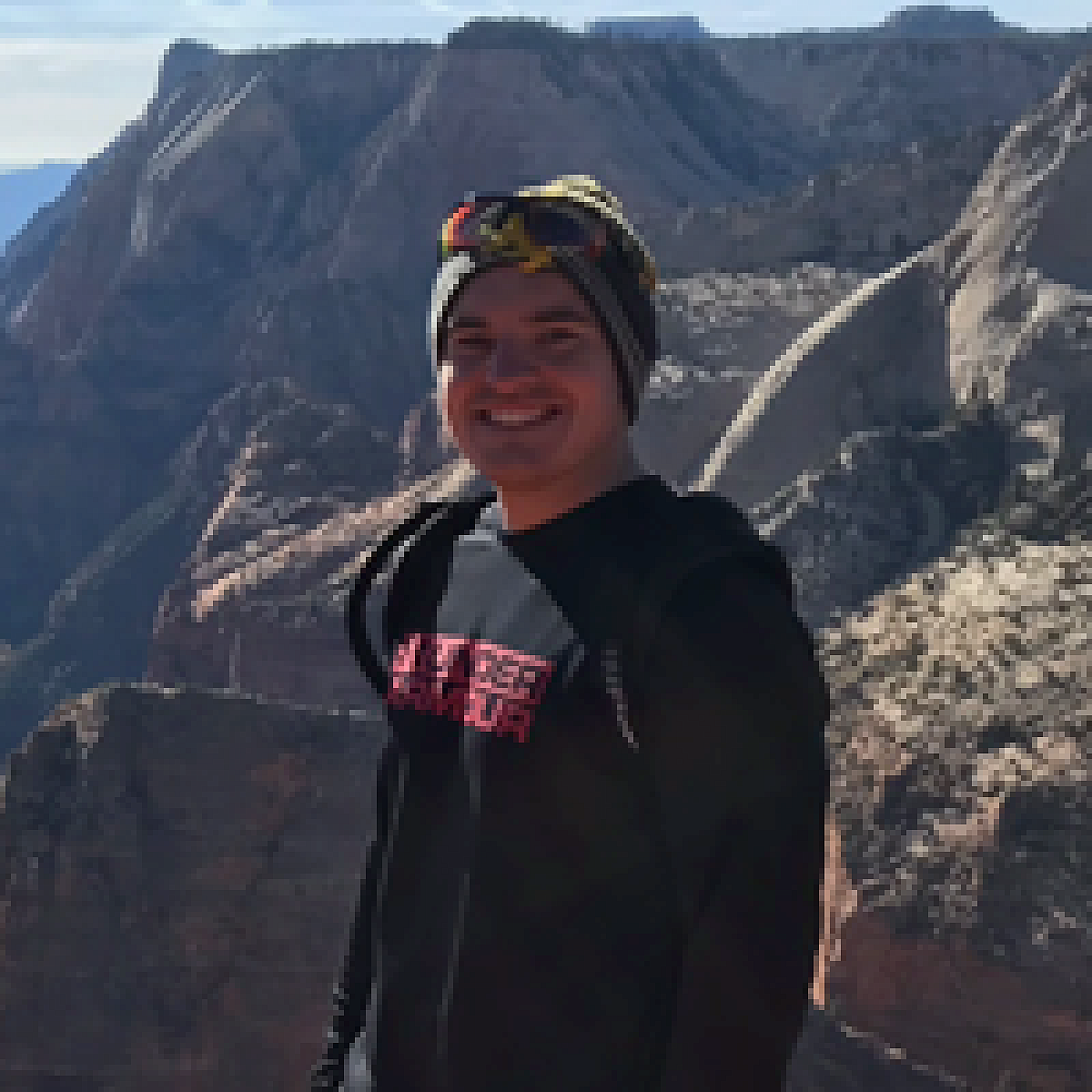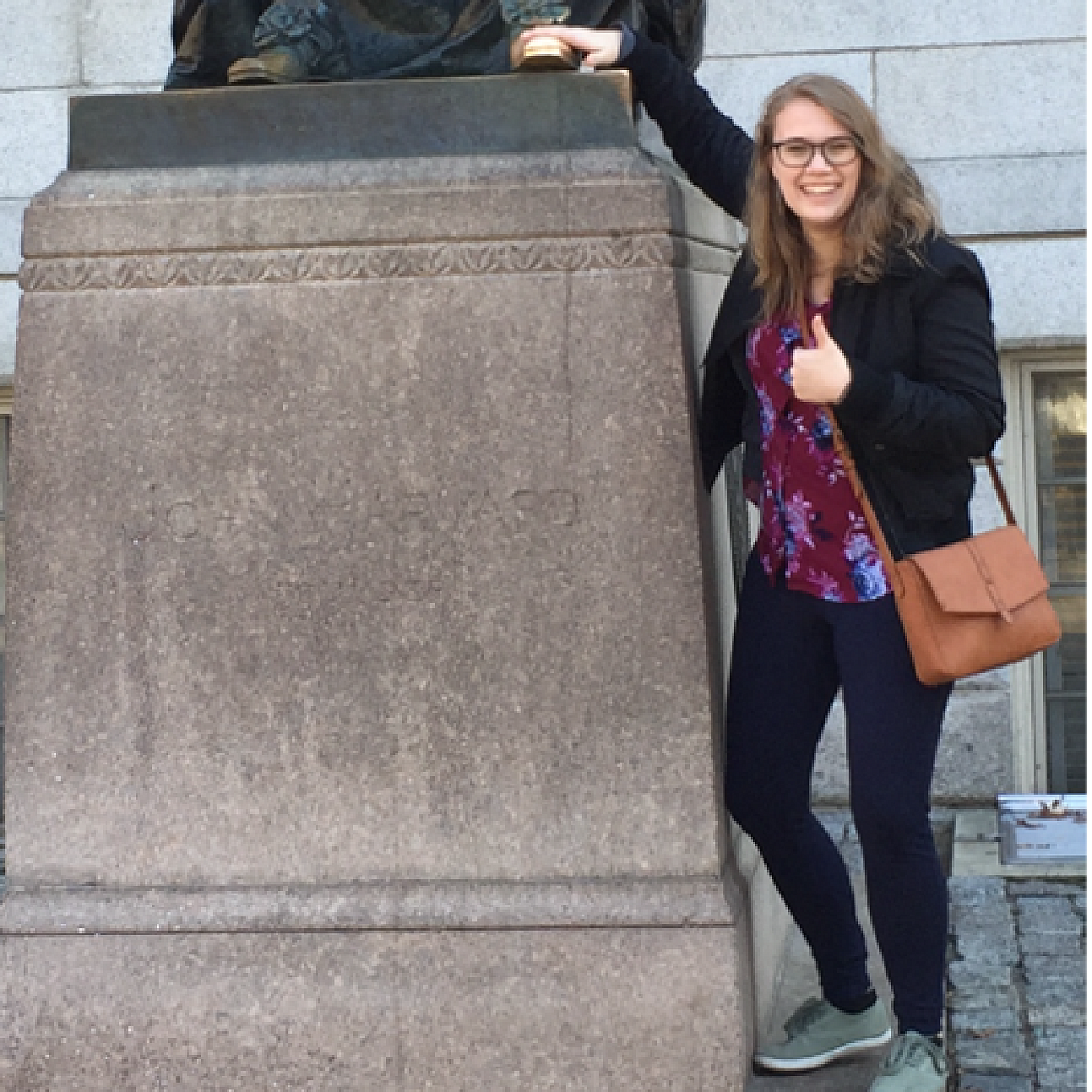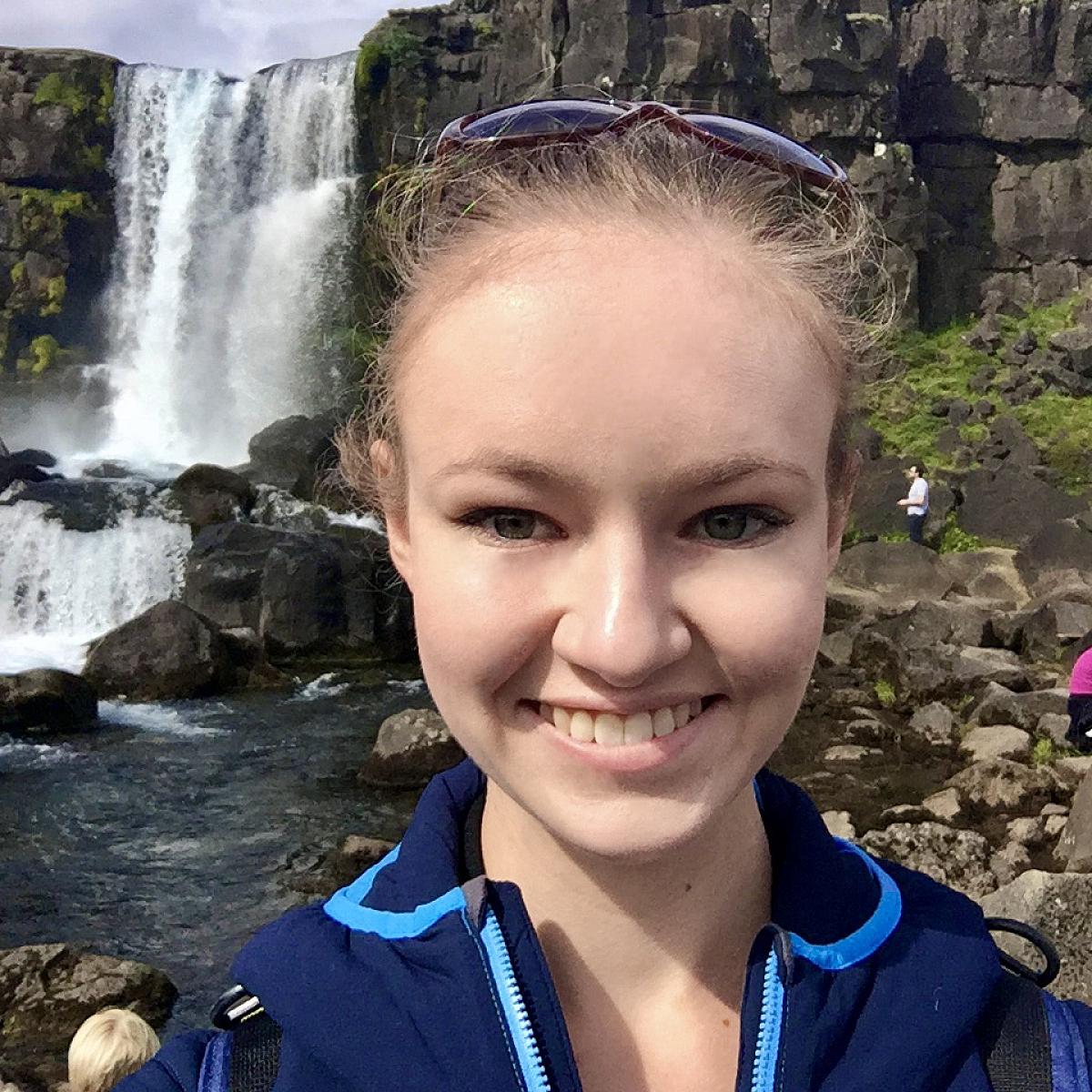
Brian Evavold Lab

Brian Evavold Lab
What we are about!
The Evavold Lab is focused on studying how T cells interact with their antigens. Through the use of our novel and sensitive Micropipette assay we are able to determine single bond T Cell Receptor (TCR) affinity for peptide restricted by MHC (pMHC) in T cell subset populations. Our Biomembrane Force Probe is able to analyze TCR:pMHC bond lifetimes under force. Together, Micropipette and BFP analysis of cells provide a clearer picture of T cell interactions with antigens associated with self and pathogens.
The Evavold Lab is focused on studying how T cells interact with their antigens. Through the use of our novel and sensitive Micropipette assay we are able to determine single bond T Cell Receptor (TCR) affinity for peptide restricted by MHC (pMHC) in T cell subset populations. Our Biomembrane Force Probe is able to analyze TCR:pMHC bond lifetimes under force. Together, Micropipette and BFP analysis of cells provide a clearer picture of T cell interactions with antigens associated with self and pathogens.
Current Projects
Coming Soon
Coming Soon
Micropipette of T Cell and Coated Red Blood Cell
Brian D. Evavold, PhD
George J. Weber Presidential Endowed Chair in Immunology Professor, Chief Division of Microbiology and Immunology Department of Pathology University of Utah
My research centers on how antigen recognition by T cells determines cell phenotype, fate, and outcome of the adaptive immune response. Understanding the mechanisms driving T cell activation provides novel insight into the basis of autoimmune disease and effective response to infections.
Email: brian.evavold@path.utah.edu
Baoyu Liu, PhD
My research focuses on T cell antigen recognition and how it determines T cell responses. I use ultrasensitive two-dimensional (2D) methods to analyze T cell antigen recognition by measuring 2D kinetics of T cell receptor (TCR) and coreceptor (CD4/8) interacting with pMHC on live T cells at the single molecule/single cell level. I am currently working on a project looking at how diabetogenic CD8 T cells recognize beta-cell self-antigens and how 2D kinetics parameters correlate with type I diabetes. I am generally interested in the application of 2D methods to further our understanding of T cell antigen recognition in the broad context of viral infection, autoimmune diseases, and tumor immunology.
Email: baoyu.liu@utah.edu
E. Motunrayo Kolawole, PhD
My major interests lie in dissecting how TCR interacts with antigen as it occurs in 2D at the cell surface. As the cell membrane environment affects these protein interactions, my projects focus on the role that dietary fatty acids play in altering T cell affinity, force and cell flexibility for both infection and autoimmune disease.
Email: emkolawole@path.utah.edu
Doug Cornwall, PhD
I am currently broadly interested in how both genetic diversity and T-cell repertoire diversity influence T-cell responses to disease. I am trying to understand these diverse T-cell responses by using wild derived mice along with inbred strains to compare the dynamics of response to disease, either autoimmune or pathogenic. On a more personal note, my interests also include any outdoor activity that will get me into the mountains. Once I am there I do a lot of hunting, fishing, photography or just take a moment and relax.
Email:doug.cornwall@path.utah.edu
Mike Faust
Hey, I’m Mike! I’m originally from Philly but completed my undergrad at Kalamazoo College in Michigan. I joined the Evavold Lab because of our spectrum of interests involving all things T cell immunology. My projects investigate both the CD4 and CD8 T cell response during EAE, a mouse model of multiple sclerosis. For CD4 T cells, my research questions address why this disease occurs in addition to whether we can therapeutically target antigen specific CD4 T cells. My CD8 T cell project is investigating what their role in disease progression is in addition to dissecting the requirements for their activation. When I’m not in the lab, I’m still a busy body. I enjoy working out, hiking with my dog, skiing in the winter, and playing any sports with my friends. I’m also an avid reader when it’s time to lay low.
Email:michael.faust@path.utah.edu
Viva Rase
I was born and grew up in Denver, Colorado, before moving to Greeley, Colorado, where I got my B.S. and my M.S. in biological sciences at the University of Northern Colorado. As a master’s student, I studied cancer immunology. Specifically, my research was focused on interactions between type III T helper cells, myeloid derived suppressor cells, and mammary carcinoma. During this time, I was lucky enough to have two mentors, Dr. James Haughian and Dr. Nicholas Pullen, who helped me realize my interest in research and T cell immunology. I chose to come to the University of Utah to pursue a PhD because I wanted to join Dr. Brian Evavold’s lab. I am interested in how T cells interact with antigen to trigger activation in both autoimmunity and cancer. I also enjoy learning about mast cells. Outside of science I like art and making pottery.
Email:viva.rase@path.utah.edu
Jenna Reed
I grew up here in Salt Lake City but went across the country to complete my undergraduate work at Davidson College in North Carolina. There,I spent two years researching in Dr. Karen Bernd’s lab, where I studied the cytotoxic effects of hookah tobacco smoke, examining how alteringsmoking conditions (pipe size, tobacco flavorings)affectedalveolar cell viability.After graduation, I moved to Washington D.C., where I completedan M.S. in Biohazardous Threat Agents & Emerging Infectious Diseases from Georgetown University. During my pre-doctoral studies, I also spent three years working for the federal government, and I hope to one day return to public service. For my Ph.D., I decided to return to Utah, and I now jointly work in the labs of Drs. Tracey Lamb and Brian Evavold. My research centers on the lung, determininghow Plasmodiumsequestrationmodulates the immune response and elucidatingthe effect on secondary respiratory pathogens.Outside of my research career, I enjoyexploring all the recreation Utah has to offer, particularlyhiking, skiing, snowshoeing, and archery. I also like toexpress my creativity through dance, nature photography,and watercolor painting.
Email: jenna.reed@path.utah.edu
Undergraduate Students
Lab Alumni
Hiran Maye Thyagarajan, PhD
- Lo WL, Kuhlmann M, Rizzuto G, Ekiz HA, Kolawole EM, Revelo MP, Andargachew R, Li Z, Tsai YL, Marson A, Evavold BD, Zehn D, Weiss A. A single-amino acid substitution in the adaptor LAT accelerates TCR proofreading kinetics and alters T-cell selection, maintenance and function. Nature Immunology 2023 Mar 13;. doi: 10.1038/s41590-023-01444-x. [Epub ahead of print] PubMed PMID: 36914891
- Xiang Zhao, Kolawole EM, Waipan Chan, Yinnian Feng, Xinbo Yang, Marvin Gee, Kenvin M. Jude, Leah V. Sibener, Polly M. Fordyce, Ronald N. Germain, Evavold BD, Garcia KC. Tuning T cell receptor sensitivity through catch bond engineering. Science 2022 Apr 8;376(6589):eabl5282. doi: 10.1126/science.abl5282. Epub 2022 Apr 8.PMID: 35389803
- Liu B*, Kolawole EM*, Evavold BD. Mechanobiology of T Cell Activation: To Catch a Bond. Annual Rev Cell Dev Biol. 2021 Oct 6;37:65-87. doi: 10.1146/annurev-cellbio-120219-055100. Epub 2021 Jul 2. PubMed PMID: 34213954.
- Dileepan T, Malhotra D, Kotov DI, Kolawole EM, Krueger PD, Evavold BD, Jenkins MK. MHC class II tetramers engineered for enhanced binding to CD4 improve detection of antigen-specific T cells. Nature Biotechnology. 2021 May 3;. doi: 10.1038/s41587-021-00893-9. [Epub ahead of print] PubMed PMID: 33941928.
- Zareie P, Szeto C, Farenc C, Gunasinghe SD, Kolawole EM, Nguyen A, Blyth C, Sng XYX, Li J, Jones CM, Fulcher AJ, Jacobs JR, Wei Q, Wojciech L, Petersen J, Gascoigne NRJ, Evavold BD, Gaus K, Gras S, Rossjohn J, La Gruta NL. Canonical T cell receptor docking on peptide-MHC is essential for T cell signaling. Science. 2021 Jun 4;372(6546):eabe9124. doi: 10.1126/science.abe9124.PMID: 34083463. Cited:13
- Kim H, Perovanovic J, Shakya A, Shen Z, German CN, Ibarra A, Jafek JL, Lin NP,Evavold BD, Chou DH, Jensen PE, He X, Tantin D (2020). Targeting transcriptional coregulator OCA-B/Pou2af1 blocks activated autoreactive T cells in the pancreas and type 1 diabetes.J Exp Med,218(3).
- Singh NK, Alonso JA, Harris DT, Anderson SD, Ma J, Hellman LM, Rosenberg AM, Kolawole EM,Evavold BD, Kranz DM, Baker BM (2020). An Engineered T Cell Receptor Variant Realizes the Limits of Functional Binding Modes.Biochemistry,59(43), 4163-4175.
- Kolawole EM, Lamb TJ,Evavold BD(2020). Relationship of 2D Affinity to T Cell Functional Outcomes.Int J Mol Sci,21(21).
- Thomas AM, Beskid NM, Blanchfield JL, Rosado AM, Garca AJ,Evavold BD, Babensee JE (2020). Localized hydrogel delivery of dendritic cells for attenuation of multiple sclerosis in a murine model.J Biomed Mater Res A, e37118.
- Ren HM, Kolawole EM, Ren M, Jin G, Netherby-Winslow CS, Wade Q, Shwetank, Rahman ZSM,Evavold BD, Lukacher AE (2020). IL-21 from high-affinity CD4 T cells drives differentiation of brain-resident CD8 T cells during persistent viral infection.Sci Immunol,5(51).
- Kolawole EM, Lamb TJ, Evavold BD. Relationship of 2D Affinity to T Cell Functional Outcomes. Int J Mol Sci. 2020 Oct 27;21(21). doi: 10.3390/ijms21217969. Review. PubMed PMID: 33120989; PubMed Central PMCID: PMC7662510.
- Ren HM, Kolawole EM, Ren M, Jin G, Netherby-Winslow CS, Wade Q, Shwetank, Rahman ZSM, Evavold BD, Lukacher AE. IL-21 from high-affinity CD4 T cells drives differentiation of brain-resident CD8 T cells during persistent viral infection. Science Immunology. 2020 Sep 18;5(51). doi: 10.1126/sciimmunol.abb5590. PubMed PMID: 32948671; PubMed Central PMCID: PMC7721466.
- Liu B, Hood JD, Kolawole EM, Woodruff DM, Vignali DA, Bettini M,Evavold BD(2019). A Hybrid Insulin Epitope Maintains High 2D Affinity for Diabetogenic T Cells in the Periphery.Diabetes,69(3), 381-391.
- Bettini M, Scavuzzo MA, Liu B, Kolawole E, Guo L,Evavold BD, Borowiak M, Bettini ML (2019). A Critical Insulin TCR Contact Residue Selects High-Affinity and Pathogenic Insulin-Specific T Cells.Diabetes,69(3), 392-400.
- Krummey SM, Morris AB, Jacobs JR, McGuire DJ, Ando S, Tong KP, Zhang W, Robertson J, Guasch SA, Araki K, Larsen CP,Evavold BD, Kissick HT, Ford ML (2019). CD45RB Status of CD8+ T Cell Memory Defines T Cell Receptor Affinity and Persistence.Cell Rep,30(5), 1282-1291.e5.
- Spear TT,Evavold BD, Baker BM, Nishimura MI (2019). Understanding TCR affinity, antigen specificity, and cross-reactivity to improve TCR gene-modified T cells for cancer immunotherapy.Cancer Immunol Immunother,68(11), 1881-1889.
- Chow IT, Gates TJ, Papadopoulos GK, Moustakas AK, Kolawole EM, Notturno RJ, McGinty JW, Torres-Chinn N, James EA, Greenbaum C, Nepom GT,Evavold BD, Kwok WW (2019). Discriminative T cell recognition of cross-reactive islet-antigens is associated with HLA-DQ8 transdimer-mediated autoimmune diabetes.Sci Adv,5(8), eaaw9336.
- Shwetank, Frost EL, Mockus TE, Ren HM, Toprak M, Lauver MD, Netherby-Winslow CS, Jin G, Cosby JM,Evavold BD, Lukacher AE (2019). PD-1 Dynamically Regulates Inflammation and Development of Brain-Resident Memory CD8 T Cells During Persistent Viral Encephalitis.Front Immunol,10, 783.
- Wu P, Zhang T, Liu B, Fei P, Cui L, Qin R, Zhu H, Yao D, Martinez RJ, Hu W, An C, Zhang Y, Liu J, Shi J, Fan J, Yin W, Sun J, Zhou C, Zeng X, Xu C, Wang J,Evavold BD, Zhu C, Chen W, Lou J (2019). Mechano-regulation of Peptide-MHC Class I Conformations Determines TCR Antigen Recognition.Mol Cell,73(5), 1015-1027.e7.
- Sibener LV, Fernandes RA, Kolawole EM, Carbone CB, Liu F, McAfee D, Yang X, Su LF, Yu Wong, Dong S, Gee, MH, Jude KM, Birnbaum ME, Goddard WA, Davis MM, Groves JT, Heath, JR, Evavold BD, Vale RD, Garcia KC. Isolation of a structural mechanism for uncoupling T cell Receptor signaling from peptide-MHC binding. Cell. 2018 Jul 26;174(3): 672-68687.e27. doi: 10.1016/j.cell. 2018.06.017 PMCID: PMC6140336.
- Kolawole EM, Andargachew R, Liu B, Jacobs JR, Evavold BD. 2D Kinetic Analysis of TCR and CD8 Coreceptor for LCMV GP33 Epitopes. Front Immunology 2018 Oct 15;9:2348. doi: 10.3389/fimmu.2018.02348. eCollection 2018. PubMed PMID: 30374353; PubMed Central PMCID: PMC6197077.
- DiToro D, Winstead CJ, Pham D, Witte S, Andargachew R, Singer JR, Wilson CG, Zindl CL, Luther RJ, Silberger DJ, Weaver BT, Kolawole EM, Martinez RJ, Turner H, Hatton RD, Moon JJ, Way SS, Evavold BD, Weaver CT. Differential IL-2 expression defines developmental fates of follicular versus non follicular helper T cells. Science. 2018 Sep 14; 361(6407) doi: 10.1126/science.aao2933.
- Andargachew R, Martinez RJ, Kolawole EM, Brian D. Evavold. CD4 T Cell Affinity Diversity Is Equally Maintained during Acute and Chronic Infection. Journal of Immunology. 2018 May 18 Published online 2018 May 18. doi: 10.4049/jimmunol.1800295.
- Hong J, Ge C, Jothikumar P, Yuan Z, Liu B, Bai K, Li K, Rittase W, Shinzawa M, Zhang Y, Palin A, Love P, Yu X, Salaita K,Evavold BD, Singer A, Zhu C (2018). A TCR mechanotransduction signaling loop induces negative selection in the thymus.Nat Immunol,19(12), 1379-1390.
- Kolawole EM, Andargachew R, Liu B, Jacobs JR,Evavold BD(2018). 2D Kinetic Analysis of TCR and CD8 Coreceptor for LCMV GP33 Epitopes.Front Immunol,9, 2348.
- DiToro D, Winstead CJ, Pham D, Witte S, Andargachew R, Singer JR, Wilson CG, Zindl CL, Luther RJ, Silberger DJ, Weaver BT, Kolawole EM, Martinez RJ, Turner H, Hatton RD, Moon JJ, Way SS,Evavold BD, Weaver CT (2017). Differential IL-2 expression defines developmental fates of follicular versus nonfollicular helper T cells.Science,361(6407).
Living in Utah
Living in UtahWe are always looking for talented and motivated post docs and graduate students to work on any of the many projects we have ongoing in the lab. You will have the multitude of resources available through the University and join a wonderful group of post docs and graduate students that are pushing the envelope of T cell biology. If you are interested in joining the team, please email your CV to Brian Evavold.
2021
Brian Evavold, PhD and Peter Jensen, MD named AAI Distinguished Fellows
Brian Evavold, PhD and Professor of Pathology, and Peter Jensen, MD and Professor and Chair of Pathology have both been recognized as American Association of Immunologists (AAI) Distinguished Fellows.
According to AAI, “This program annually recognizes members for distinguished careers and outstanding scientific contributions as well as their service to AAI and the immunology community. It honors active, long-term members (25 or more years) who have demonstrated one or more of the following: excellence in research accomplishment in the field of immunology; exceptional leadership to the immunology community in academia, foundations, nonprofits, industry, or government at a national or international level; notable distinction as an educator. Election as a Distinguished Fellow is among the highest honors bestowed by AAI.”
We join in celebrating this recognition of the incredible careers of Drs. Jensen and Evavold.
American Association of Immunologists awards Public Policy Fellowship to Pathology postdoc Jesica Jacobs
Dr. Jesica Jacobs, a post doctoral fellow in Dr. Brian Evavold’s lab in the Division of Microbiology and Immunology, has been awarded a Public Policy Fellowship from the American Association of Immunologists. Each year, the AAI selects up to 10 junior scientists from across the nation to participate in this prestigious program. Public Policy Fellows participate in advocacy for scientific funding on Capitol Hill along with members of the AAI Committee on Public Affairs, which includes Pathology Chairman Dr. Peter Jensen. Fellows are given the opportunity to meet with their district’s Congressional representatives and other legislators on the Hill to help shape the future of biomedical research. Dr. Jacobs is the first Fellow to be selected from the University of Utah.
Contact Us
George J. Weber Presidential Endowed Chair in Immunology
Professor, Chief
Division of Microbiology and Immunology
Department of Pathology
University of Utah
Office Phone: (801) 585-9689
